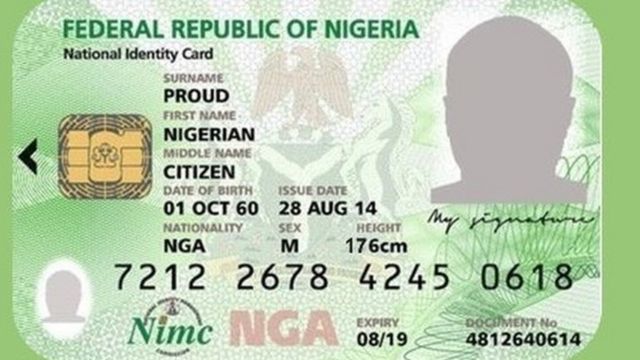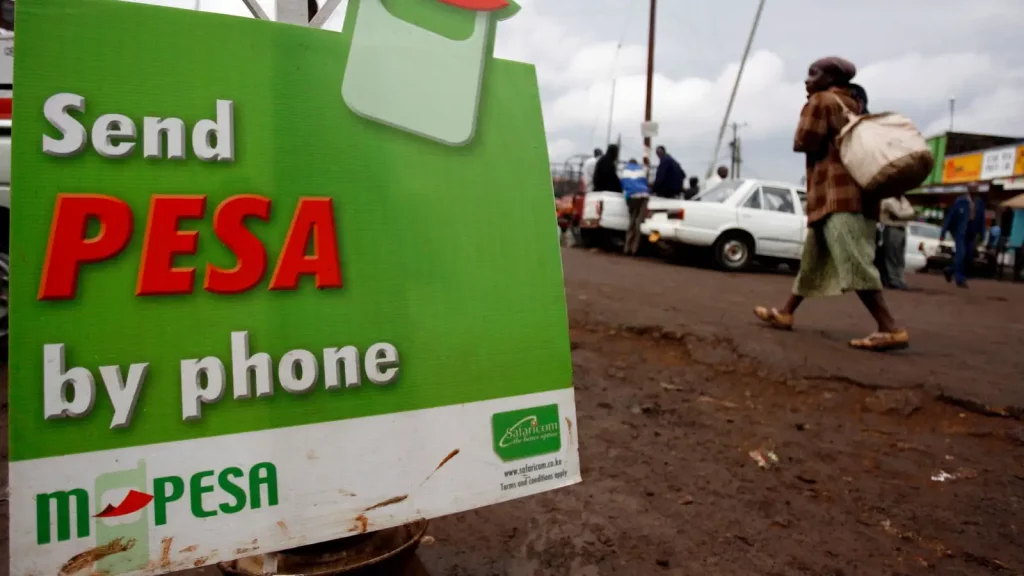Having a means of identification is a no brainer. On the one hand, it makes it easy to be identified, obviously.
On the other hand, having a means of identification improves access to a number of services, and a trusted national identification system makes businesses more confident when they engage with new customers and other businesses. This improves everything from bank lending to tax collection for the government. A no brainer.
Unfortunately, this is not the reality in Nigeria.
For decades, the country has operated without proper identification systems making it harder and complicated for people to access basic services.
“Your digital identity is your foundational characteristics and descriptions that identify you as a unique individual,” Esigie Aguele said on Digital Identity Matters; an event organized by TechCabal and VerifyMe.
The longer this problem has existed the more challenging it is to fix. For starters, a majority of the population now have little understanding of why they need proper identification documentation. Who can blame them? Efforts of the government to provide a trusted identification system has led to duplicity of efforts.
There are more than three acceptable means of identification in the country: the BVN, Drivers’ licence, Voters’ Card, International Passport and the National Identification Number (NIN) card. They are neither harmonised or interoperable. Rather, they are use-case specific.
The Bank Verification Number (BVN) is tied to the banking sector and can only be issued by that industry. The drivers’ licence is tied to the Federal Road Safety Corps (FRSC), which is only available to persons over the age of 18. The voter’s card is issued by INEC. Then there’s the international passport, issued by the Nigerian Immigration Services (NIS).
Together, these four are regarded as functional identities, Aguele said at the Digital Identity Matters event which was themed Enabling Nigeria’s economic and social growth with digital identity . “A functional identity is an identity that you need to have so that you can participate in a service,” he explained. “So, for example, you need your BVN for banking, you need your drivers’ licence to drive. Those are functional identities.”
The fifth identity system is NIN which is issued by the NIMC. The national ID card is supposed to be the ultimate means of identification for Nigerians at home or abroad. But it has failed to live up to its basic responsibilities.
Now various innovators and initiatives are trying to harmonise the identity system by rejigging the process from the ground-up. It starts with capturing personal information and biometrics of Nigerians. Then tying that information with the other identity systems.
But to do that, these initiatives have to grapple with one very crucial question: how can they get Nigerians to take this process seriously?
“It comes down to incentives,” Mitchelle Elegbe, CEO of Interswitch Group said at Digital Identity Matters . “I think we all agree that there is a need for an incentive. Incentives vary from individual to individual.”
Without being too descriptive, Elegbe suggests that there are many ways to get Nigerians at different levels incentivised, enough to care about getting indexed in the national identity scheme.
“The fundamental response is we need to segment the population and think about incentives for a fisherman, he explained using an analogy. “It could be that the fisherman needs to sell his fish and the man who is going to pay him does not have cash.”
Elegbe shared that since the outbreak of the pandemic, many Nigerians including sellers in the informal market have switched to digital payments. At the markets, meat sellers are declining to accept cash for fear that it could transmit the coronavirus. “So I found myself having to transfer money to a meat seller, meaning the meat seller now has a bank account,” Elegbe said.
“There was an incentive, in this case, it was COVID.”
“So when we think about different segments of our population, whether they are fishermen, farmers who need fertilizers, there are many ways to create incentives for them to do this thing [get an ID].”




















